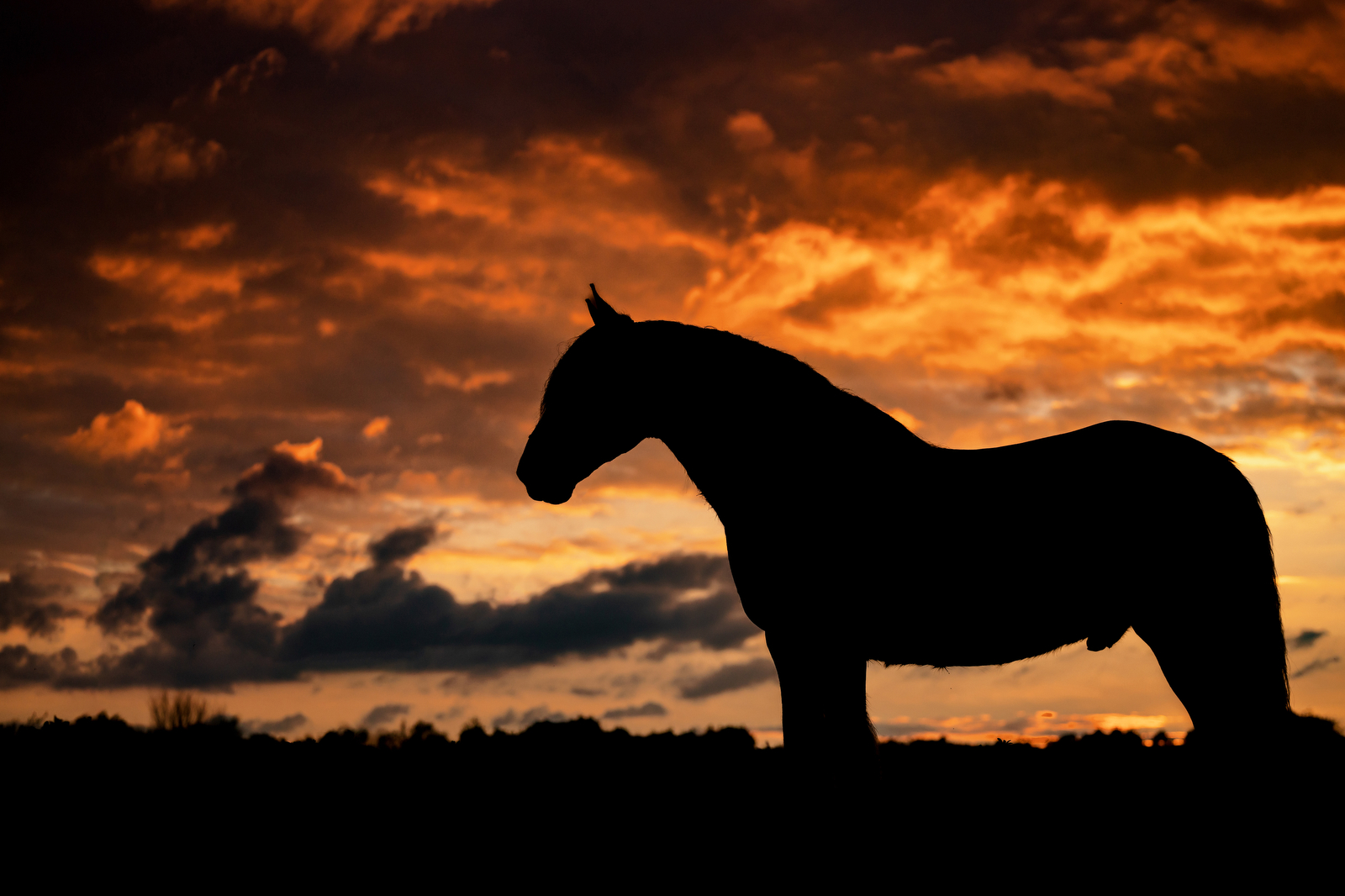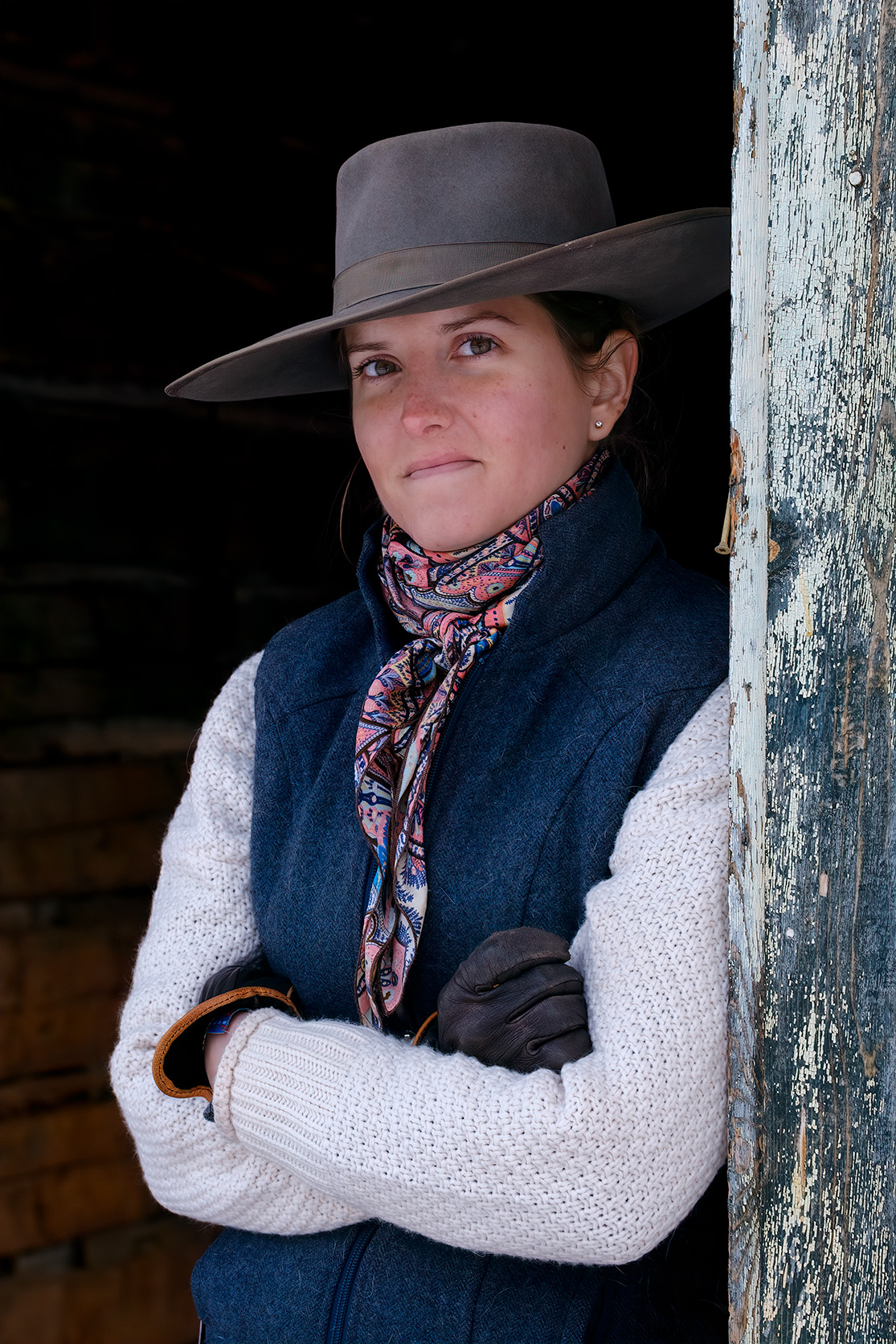The issue of mental health has been getting more and more attention in recent years, especially in this post-COVID lockdown world. The horse industry is also opening up about the effects our world has on our mental state. The fast-paced environments, high expectations, financial pressures, and risk of injury take their toll on the mental well-being of everyone involved. Furthermore, the unspoken rule for grooms to be available all day, every day, is a hard one to bear. The mental health of trainers, riders, and grooms is at stake, but what has become abundantly clear over the past years is that the veterinary profession is getting hit the hardest.
Read the article sport psychologist Darby Bonomi wrote for HorseGrooms about how to navigate a 24/7 life as a groom.
The goal of this article is more than “just” not to piss off your vet; it is meant as an eye-opener, as a call to action to learn how we, as grooms, can collaborate better with our veterinarians, make their life a little less stressful (while still getting the best care for our horses), and not add more strain to a fast-paced and high demand work environment.
Veterinarians More Likely to Die By Suicide
But first, some facts: In 2018 Jamie Ducharme wrote an article for Time that stated that according to a study in the Journal of the American Veterinary Medical Association (AVMA), veterinary professionals are up to 3.5 times more likely to die by suicide than members of the general population. Not only do they go through the gauntlet of emotions on a daily basis – having to euthanize a patient in one room and welcome a new life in another- they have to deal with pet owners.
Animal’s vs Owner’s Best Interest
Working with my veterinary staff, I often hear the same conversation across multiple clients: one of frustration and veiled accusations. These conversations come frequently – almost daily during the Winter Equestrian Festival (WEF) in Wellington, Florida. And for each one, the veterinary staff has to reassure, explain, and establish a new plan that’s in the best interest of the animal’s health, as well as the owner’s. I hear all the time how veterinarian medicine is more about treating the owners, not the animals. This takes a huge toll on mental health. In 2019 Melissa Chan wrote for Time, stating that “A 2014 survey by the AVMA found one in five veterinary professionals were either cyberbullied by pet owners, who would write nasty reviews online or threaten their business, or knew a colleague who had been”.
Solutions
So how can we, as grooms, collaborate better with our veterinary staff and not add more strain to a fast-paced and high-demand work environment? Set boundaries for yourself and others!
- Don’t call or text after hours unless it is a true emergency. Seriously. Don’t! Not sure what an emergency looks like for horses? Take a peek at this article about Understanding Vital Signs In Horses here.
- Be respectful of their time. Never assume your vet has time to squeeze in other farm animals while they’re at your barn, especially after all their equipment is packed up! Their schedules are busy to begin with, and they also want to get home at a reasonable hour to be human, just like you.
- Do not complain to them about the bill. Of course, always check that the services billed for reflect the care received, however, prices are carefully set to maintain employee salaries, special equipment, and cooperation between practices. I know this could be asking a lot, but have some understanding and respect the value of industry specialists caring for your horse.
- tip: if your budget is on a diet, have that be a conversation before the vet treats the horse
- Understand that what the animals need – and what you as an owner, trainer, rider, or groom want – is not always the same thing. Your vet has studied veterinary medicine to be an advocate for animals. Sometimes what they have to say might conflict with what you think your horse needs, so always revisit what’s best for the horse in the long run.
While the veterinary industry as a whole needs to address accessible solutions for mental health, these seemingly small tips could have a larger positive impact overall on the mental well-being of our licenced veterinarian and vet techs.
Be Prepared
As a side note, doing just a little thinking ahead can save your veterinarian, yourself, and your horse a lot of stress:
- Know where the nearest vet clinic is and have that number on speed dial.
- If you’re traveling to a place away from home, and you know your regular vet won’t be there, ask ahead of time if they know a practice you could call. Want some recommendations or have one to add? The HorseGrooms community has shared some recommended veterinary hospitals across the U.S. and Europe here.
Working Together to Improve Our Industry
There is still so much we don’t know. But what has become very clear is that our industry is waking up and realizing that something needs to change. I believe that having tough conversations is where the change will start. Trainers, owners, veterinary professionals, and grooms need to stick together and look out for each other. We can’t improve the veterinary industry without all of us working together.
Featured photo courtesy of Shelley Paulson Photography.



Laura is extremely well versed is the equestrian community due to not only her educational background, but also the many different parts of the U.S. that she has been to. She has seen and experienced many different personalities in clients and vets. Laura has always had a safety first mindset in not only the physical side of working with horses but also the mental side. This article was very well written and I enjoyed learning more about the “behind-the-scenes” aspect of the field.